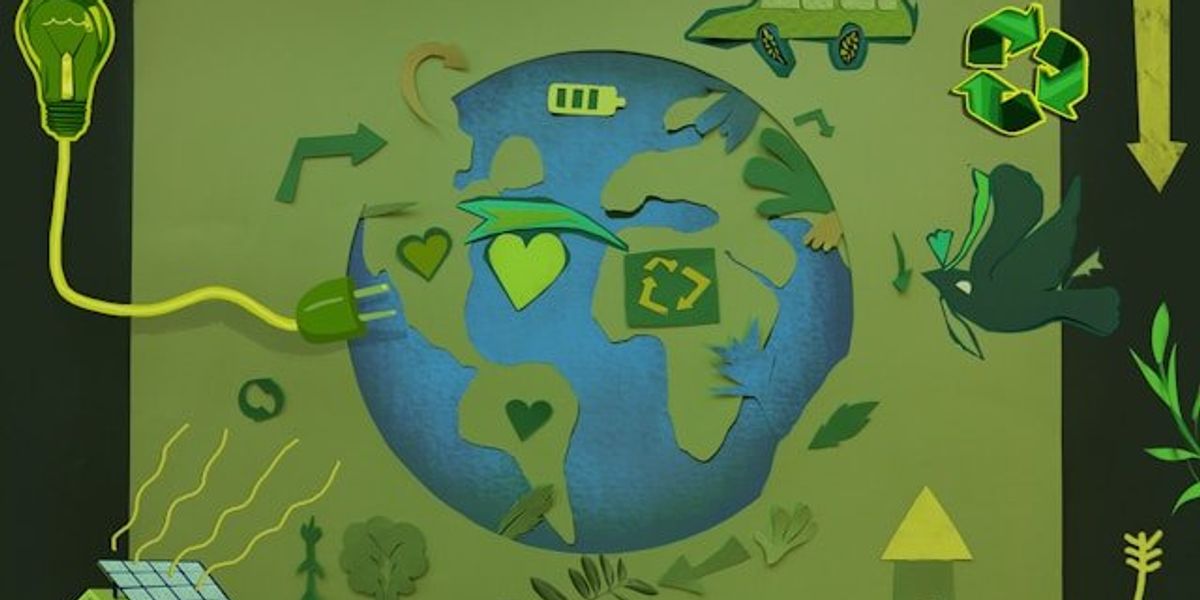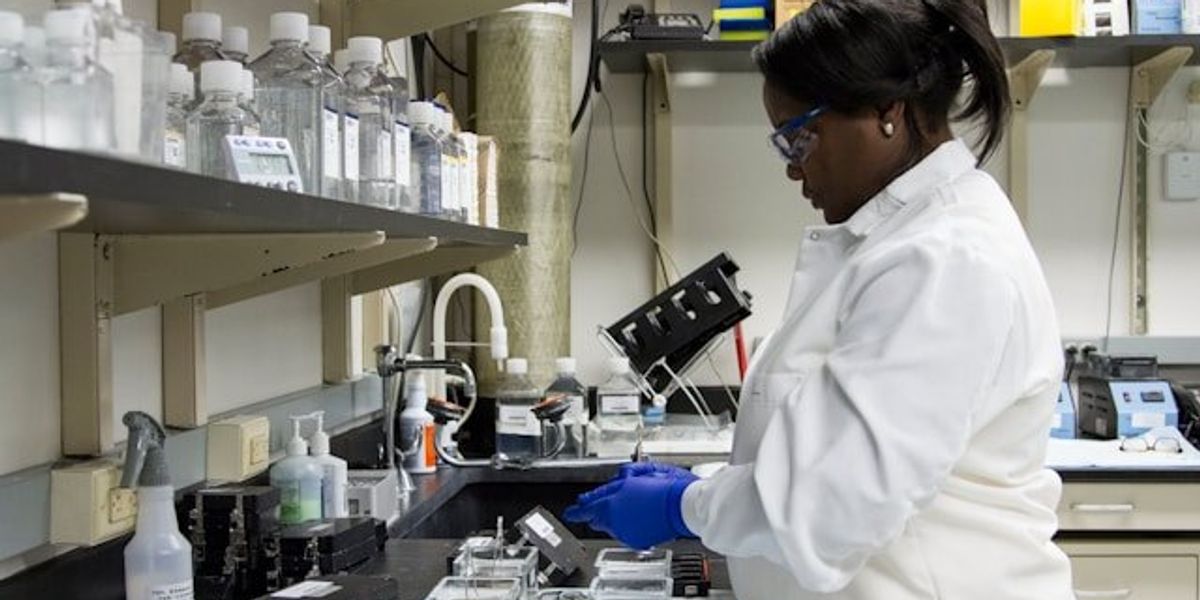growth
Degrowth movement challenges traditional views on economic growth
Economic growth, long seen as universally beneficial, is increasingly scrutinized by the rising 'degrowth' movement, which argues for reducing consumption to address inequality and environmental damage.
In short:
- Economic growth has primarily benefited the wealthy, prompting questions about its overall desirability.
- Advocates of degrowth, like Jason Hickel and Kohei Saito, argue that reducing economic activity can improve well-being and environmental health.
- Critics suggest a more balanced approach, recognizing both the benefits and ecological costs of growth.
Key quote:
“Degrowth is about reducing the material and energy throughput of the economy to bring it back into balance with the living world, while distributing income and resources more fairly.”
— Jason Hickel, anthropologist
Why this matters:
Degrowth proponents challenge the sustainability of continuous economic growth, emphasizing the need for systemic changes to combat climate change and social inequality. Critics of degrowth caution that such a shift could lead to economic instability and job losses, particularly in sectors reliant on high levels of production and consumption. This debate may influence policies on environmental conservation and economic justice.
Related EHN coverage:
The elusive goal of separating economic growth from emissions
Economists debate the feasibility of economic growth without proportional increases in greenhouse emissions, presenting a challenging scenario for climate targets.
In short:
- A group of heterodox economists challenges the prevalent notion of decoupling economic growth from carbon emissions, which has been central to many climate policies.
- The debate centers on whether it's possible to achieve 'absolute' decoupling, necessary for international climate targets, which requires GDP growth to occur with declining emissions.
- This discussion may prompt a shift away from economic growth as a metric for societal progress, advocating for a reorientation toward human well-being and ecological sustainability.
Key quote:
“We should engage more in the question of, ‘What future do we want to build?’”
— Helmut Haberl, social ecologist at the University of Natural Resources and Life Sciences
Why this matters:
The intersection of economic growth and climate impact is critical as it relates to national and global health outcomes. Understanding whether decoupling is realistic informs the urgency and methods with which policymakers and societies must address climate change to ensure a sustainable and healthy future.
Small-scale clean energy and low carbon technologies—such as solar panels, smart appliances and electric bicycles—are more likely to push society toward meeting climate goals than large-scale technologies, according to a 2020 study.
How growth, climate change are pushing wildlife and people together
Texas eyes marine desalination, oilfield water reuse to sustain rapid growth
Environmentalists have raised concerns about a bill moving through the Texas Legislature that would create a new fund for desalination, beneficial reuse of produced water and inter-state water purchases.
‘We’ve lost the right to be pessimistic’: Patagonia treads fine line tackling climate crisis as for-profit company
Patagonia is one of the largest outdoor apparel brands globally, but it has long grappled with how growth can contradict environmental activism.
‘Double-edged sword’: Why the badly needed rains in California could fuel catastrophic fires
Deep underneath the sodden soils and the berms of snow that now coat California, fuels for fire are waiting to sprout.



















